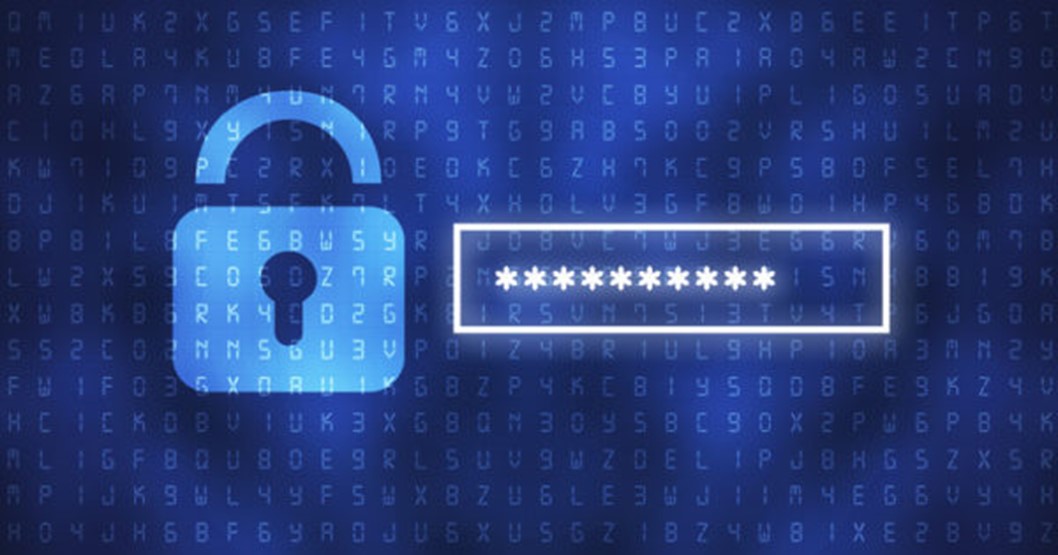Cybersecurity threats are growing more sophisticated by the day—and small businesses are increasingly in the crosshairs. One of the simplest and most effective ways to strengthen your company’s security is also one of the most overlooked: Multi-Factor Authentication (MFA).
If your business is still relying on just a username and password, it’s time to rethink your approach.
🚨 Why Passwords Alone Aren’t Enough
Most breaches don’t begin with Hollywood-style hacking—they start with a stolen password.
Whether it’s from a phishing email, a data breach on another site, or just poor password hygiene, attackers have more access to credentials than ever. In fact:
🔐 81% of hacking-related breaches involve stolen or weak passwords. – Verizon Data Breach Investigations Report
That’s where MFA comes in.
✅ What Is Multi-Factor Authentication?
Multi-Factor Authentication (MFA) is a security process that requires users to provide two or more forms of verification to access a system, application, or account.
Typical MFA factors include:
- Something you know – like a password or PIN
- Something you have – like a phone or hardware token
- Something you are – like a fingerprint or facial recognition
With MFA, even if someone steals your password, they still can’t access your systems without the second (or third) factor.
🔐 Benefits of MFA for Small Businesses
1. Significantly Reduces Risk of Unauthorized Access
MFA blocks the vast majority of password-based attacks. According to Microsoft, it prevents 99.9% of automated account compromise attacks.
2. Improves Regulatory Compliance
Many industries—especially insurance, healthcare, and finance—are now requiring MFA as part of compliance with HIPAA, PCI-DSS, FINRA, and other regulations.
3. Protects Remote and Hybrid Workforces
With more employees accessing business systems from home or on the go, MFA ensures only verified users can get in—regardless of location.
4. Builds Customer Trust
Showing that you take security seriously helps reassure clients, especially when handling sensitive data like personal info, health records, or financial details.
5. Low-Cost, High-Impact Security
MFA is affordable and easy to implement, especially compared to the potential cost of a data breach. Many platforms (like Microsoft 365 and Google Workspace) include MFA features for free.
🛠️ How to Get Started with MFA
Implementing MFA doesn’t have to be complicated. Here’s how to start:
- Prioritize critical systems: Start with email, cloud apps, CRM, and financial software.
- Choose your method: Common options include mobile app authenticators (like Microsoft Authenticator or Google Authenticator), SMS codes, and biometrics.
- Train your team: Employees need to understand the “why” behind MFA to fully support it.
- Make it standard: Require MFA for all users, not just managers or admins.
👋 Need Help Implementing MFA?
At Qnectus, we help small businesses set up smart, scalable cybersecurity solutions—including MFA, password policies, and advanced threat protection.
If you’re not using MFA yet, now is the time to act. Let us help you take this simple but powerful step toward better protection.
🔒 Ready to secure your business?
📞 Contact us today for a free consultation or MFA setup guide.






